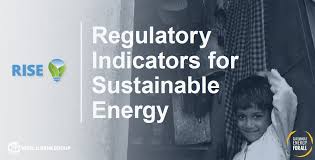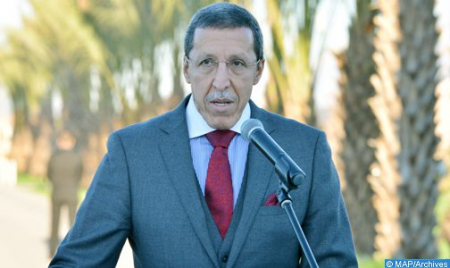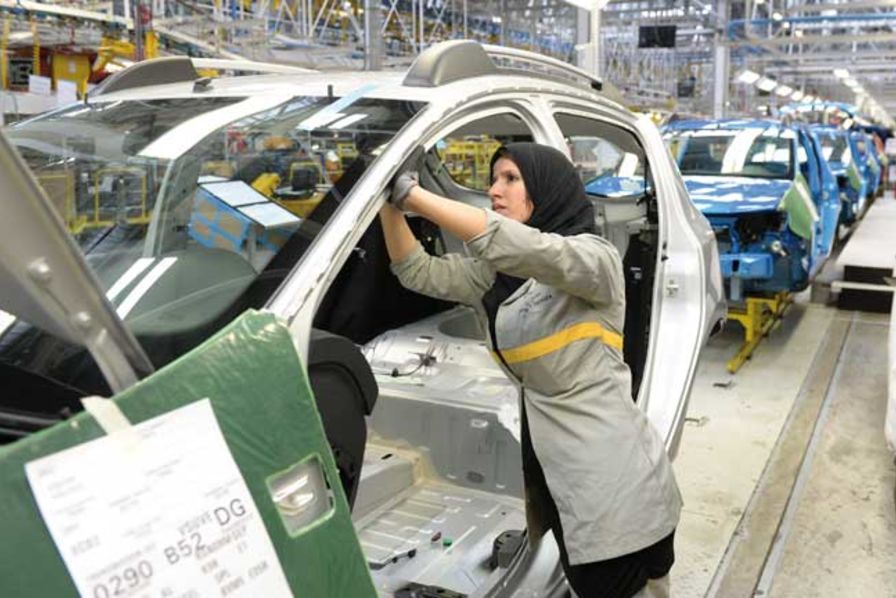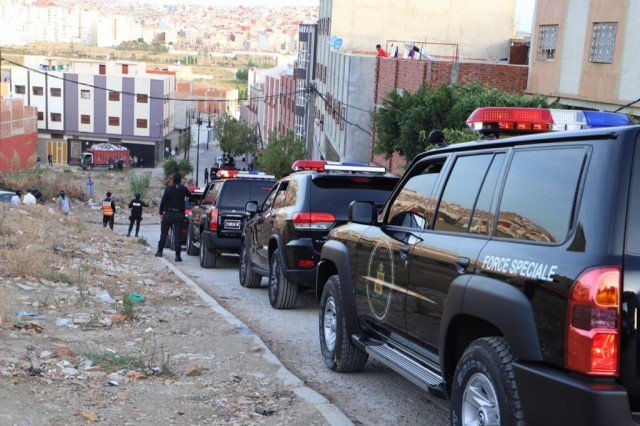 Morocco has been classified among developing countries that notably improved their renewable energies sector and policies since 2010.
Morocco has been classified among developing countries that notably improved their renewable energies sector and policies since 2010.
This came in the recently published World Bank report of the 2018 Regulatory Indicators for Sustainable Energy (RISE) that listed 133 countries’ renewable energies improvements.
Morocco got a score of 74, according to the report of RISE, which informs investors of the sustainable energy policies and regulations of a given country.
The World Bank surveyed 133 countries based on data provided by governments from 2010 to 2017.
Alongside China, Brazil, Mexico, Russia, and South Africa, Morocco emerged as a prominent example of a country that has put in place advanced policy frameworks in support of sustainable energy, reported the Morocco World News website.
The report gave Morocco a score of 74 points for sustainable energy indicators, including access to electricity (100 points), energy efficiency (56 points), and renewable energy (67 points).
In terms of energy efficiency, Morocco scored high with 80 points in the national energy efficiency planning indicator, 100 points in energy efficiency indicator, and 96 points in energy efficiency incentives from electricity rate structures.
However, Morocco scored low in other indicators, including incentives and mandates put in place for the public sector (13 points), for industrial and commercial end users (13 points), transport (0 points), and minimum energy efficiency performance standards (32 points).
Regarding renewable energies, Morocco did well in the legal framework for renewable energy (100 points), planning for renewable energy expansion (83), and attributes of financial and regulatory incentives (83 points).
The report gave a medium score to incentive and regulatory support for renewable energy (62 points), counterparty risk (65), carbon pricing and monitoring (50), and use (23 points).
Morocco produces 28,000 gigawatt hours of electricity, while the rest is imported from Spain.
It seeks to boost its production capacity by 6,500 megawatts by 2020, with solar and wind energies each representing 2,000 megawatts, according to a US International Trade Administration 2017 report.
RISE is a tool for policymakers to compare national policy frameworks for sustainable energy and identify opportunities to attract investment. RISE assesses countries’ policy support for each of the three pillars of sustainable energy – access to modern energy, energy efficiency, and renewable energy.
With 27 indicators covering 133 economies and representing 97% of the world population, RISE provides a reference point to help policymakers benchmark their sector policy framework against those of regional and global peers, and a powerful tool to help develop policies that advance sustainable energy goals.


